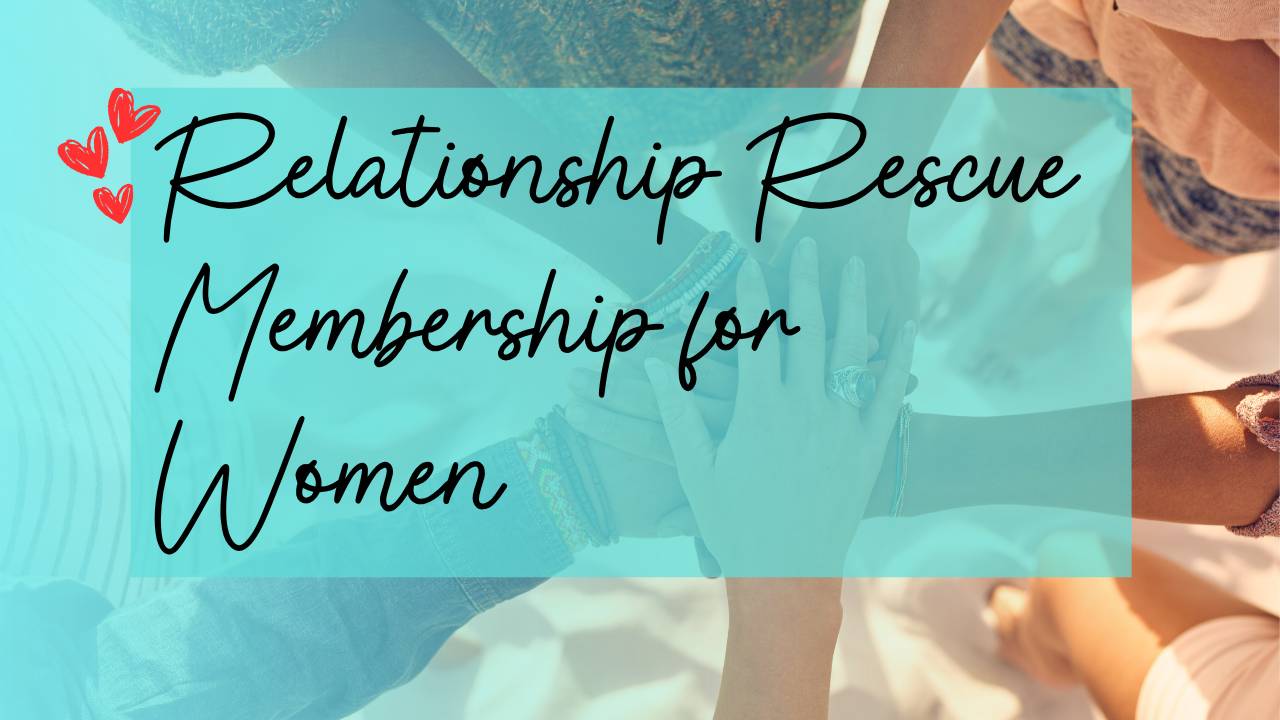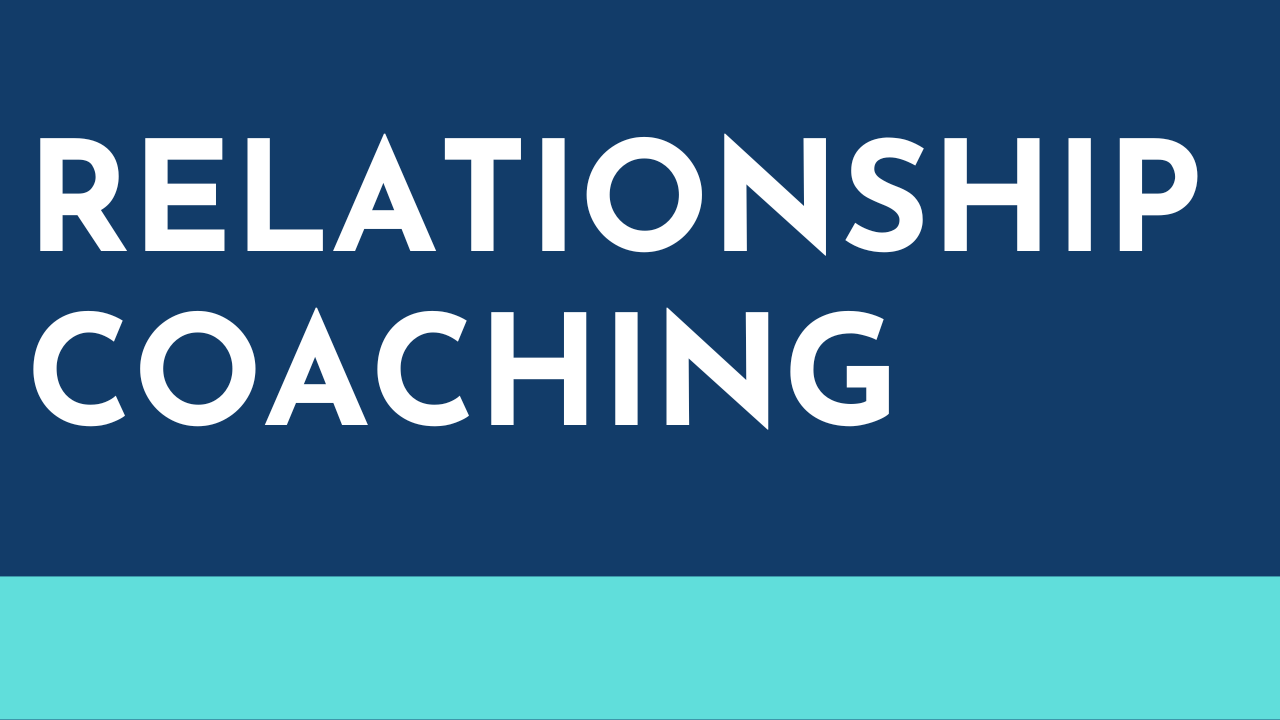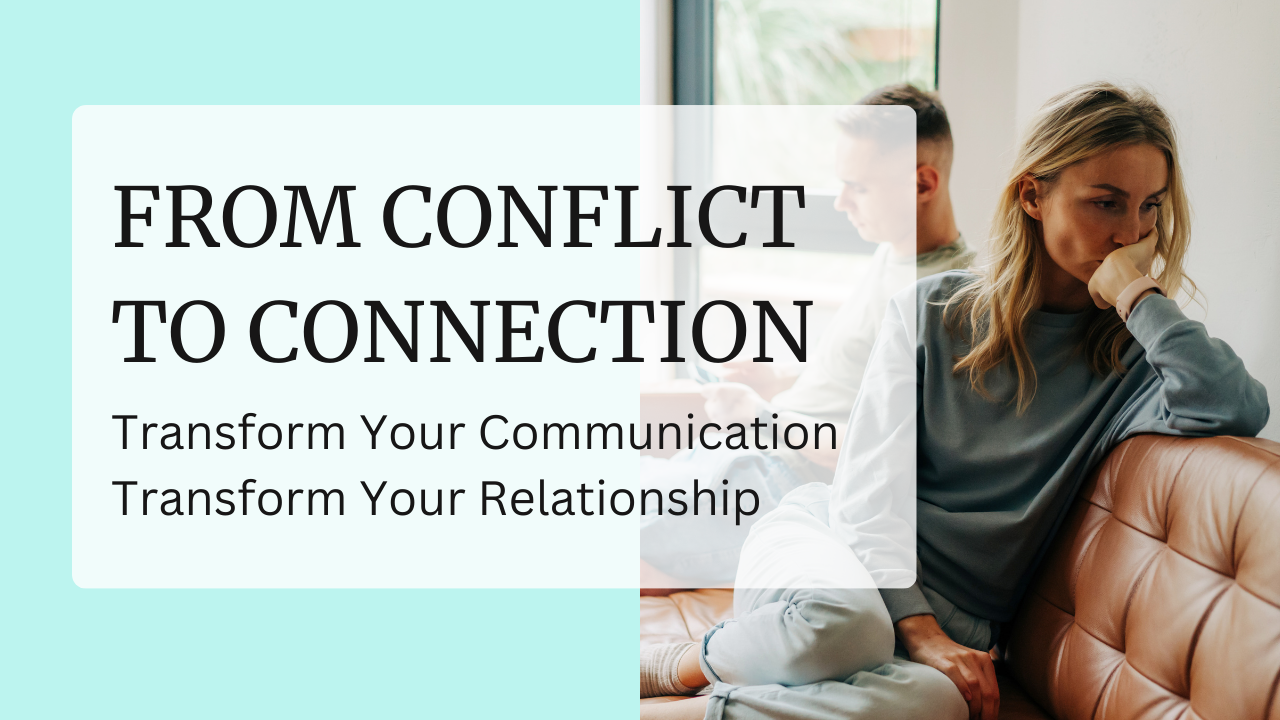17. Are We Too Different? Not necessarily... How you can have a good relationship even with big differences.
Hi, I'm Karyn, Your couples therapist and relationship coach with A Better Relationship Coaching, and today I want to talk about something that will come up frequently when I'm working with people and that's how to stay together, even when you're totally different people.
I hear this a lot from people, especially when someone will come to see me on their own first before we start to do a couple's work and they'll say something like "We're just too different", or "We've grown too far apart" and "we just aren't into the same things anymore". And "I wonder if we should even be together anymore because we're so different". And next week I actually am going to talk about when maybe you should think about ending the relationship. But today we're going to talk about how to make a relationship work when two people are very different and they don't want to end the relationship, but they just don't know how to bridge those differences.
So the most important thing I'll say is it isn't actually about the differences, but how you handle those differences. Two people can be very different politically, religious wise. They can come from different family backgrounds, have different interests and still have a good relationship. So it isn't necessarily about having all of the same things in common that can keep a relationship going, but how you navigate those differences.
So when we show up with curiosity instead of agenda. We are going to be less likely to try to convince our partner of something to think like we do, or to get them to do things like we do. Because that's really when we start to have a problem. This is when our partner will start to feel like you don't respect their views or beliefs, and that can end up feeling isolating and really like they're not supported. But if we can approach conversations that you guys may have very different views on and activities that you may not both mutually enjoy...if we can approach those situations with curiosity instead of that agenda of I'm going to convince her to see things my way...I'm going to make him understand why my way is better....and instead really try to learn more about your partner, why those things are important to them and really try to understand more about where your partner is coming from, that will really allow them to feel seen and heard and accepted.
So you can see the difference between when we try to convince them and that can really make them feel unseen and unsupported, whereas if you really ask questions and you're curious about where your partner is sitting with that, then they can feel like you care about what their view is. And what their beliefs are. We can see if we can really see things from not necessarily my is right and your way is wrong, but that there are different ways to view different situations.
Also thinking about different activities that we participate in in a relationship. We do want to be able to do things with her partner and enjoy time together. So if I like paintball and you like knitting, you may need to think about, you know, what the two of you can do together that you will both enjoy doing and spending that time together. This is really important. So even if you enjoy doing things that are different and you don't do those things together, it's important to find some sort of common interests that you can do together, that you can have those shared experiences that can be going out to eat or traveling or going to festivals on the weekend or having TV shows that you enjoy watching together or going to the movies, it doesn't really matter what those things are, as long as you have some things that you really enjoy doing together that you can have those shared experiences.
And then for the activities that you don't necessarily enjoy doing together that are really different. That's totally okay. We don't need to do the things that are partner does. But what we do need to do is to show a genuine interest in what our partner is doing.
So I don't need to go to your knitting group with you and you don't need to go to my paintball tournaments. But when we come home, I need to be really interested in what you are doing and vice versa. Not because I care about paintball or knitting or whatever it is, but because I care about you. And therefore I want to know how it was for you, take interest in hearing about the different aspects that you're interested in and the different dynamics of that activity that you want to talk to me about. I need to be able to show that I'm really interested in hearing about that because it's important to you and therefore it becomes something that's important to me.
These are things that really will help you be able to have a good supportive, relationship with each other, even when you have different interests or views. We don't have to have all of the same things in common, but we need to respect what the other is. Interested in. And. Show that support for each other. All right.
That's it for this week. I hope this was helpful for you. Until next time. Take care of yourself and take care of each other. Thanks.



